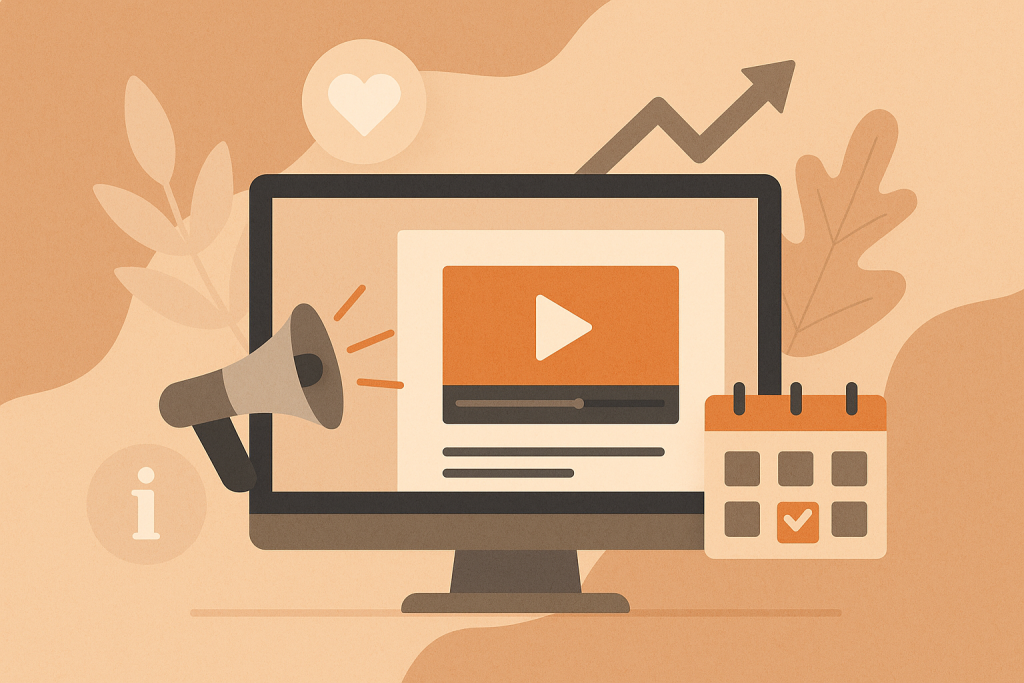How to sell out tickets for your event?
A sold-out event is every organizer’s dream. When all tickets are gone, it usually means two things — your event is a success, and your costs are covered. But reaching that point isn’t just about luck. While you can always hire professional event marketers to do the heavy lifting, that can quickly become expensive. The good news is, if you know your audience and your event’s purpose, you already have everything you need to learn how to sell out event tickets without breaking the bank. Let’s explore how to make your next event a sell-out.
Know your audience
Rushing is the enemy of good planning. When deadlines start closing in, details get missed — and that can cost you both time and money. Starting early gives you the space to plan carefully, handle logistics without panic, and keep things running smoothly when the event draws near. It will still get hectic, but starting early ensures it’s the good kind of hectic — the kind that feels like energy, not chaos.
Start early
There's nothing worse than being pressured by deadlines. This always, without exception, creates a chaos which is fertile ground for making mistakes and oversight of important and sometimes vital things. So, when planning the event, make sure you give yourself enough time to plan and execute everything without time pressure. It will inevitably get hectic when the event date comes near but if you start early enough, you can reduce this to a manageable amount of chaos.
Make your event visible
Once your date is set and your lineup is confirmed, it’s time to tell the world. Visibility is everything, and the way you spread the word depends directly on your audience. This is where your earlier research pays off.

The power of social media
Social media can make or break your event — but posting once on Facebook isn’t enough. Build genuine engagement. Join conversations, share updates often, and show that you’re as excited about this event as your future attendees are.
Encourage interaction, listen to feedback, and treat every comment as a potential insight. A single sentence from a follower might spark an idea that transforms your event for the better.
And don’t ignore criticism — address reasonable concerns openly and constructively. When people see that you’re responsive and passionate, they’re more likely to trust you — and buy tickets. Your approachability might be the difference between a packed venue and rows of empty seats.
Website
Your event’s website is your digital home base. Building one with WordPress takes minutes, but making it effective takes thought. You only have about eight seconds to grab someone’s attention, so make your landing page count.
Use video to your advantage — highlight reels, interviews, or behind-the-scenes teasers can dramatically increase conversions. Studies show that visitors who watch a 60-second video are over 20% more likely to make a purchase.
Keep things clean. Focus on your biggest draws — the headline acts, the theme, the location — and use “Read more” buttons to expand on details. A cluttered page confuses visitors; a focused one converts them.
Content dripping
Don’t reveal everything at once. Build excitement step by step. Start with one big announcement and let it spread. Then, based on audience reaction, adjust your campaign as it unfolds.
Always keep something in reserve — a surprise performer, a final reveal, or a limited offer. Drop that ace right before ticket sales open to trigger real anticipation and FOMO (fear of missing out).

Plan your ticket-selling dynamics
If you’ve done your groundwork, ticket sales should flow naturally. But you can amplify the effect with a smart pricing strategy:
- Early Bird tickets: Offer the first batch at a discounted price to reward quick buyers and generate momentum.
- Standard tickets: Your main inventory at regular price. These should move easily if your promotion worked.
- VIP tickets: Premium packages for those who want a little extra — exclusive access, backstage passes, or front-row seating. These often deliver the highest margins.
- Last-minute tickets: Keep a small batch for late buyers at a slightly higher price. It creates urgency and can boost revenue in the final days.
Each pricing tier appeals to a different segment, keeping your sales steady from start to finish.
Conclusion
Selling out your event isn’t magic — it’s method. Start early, know your audience, and maintain steady visibility. Build anticipation with smart, well-timed announcements, and price your tickets to match your crowd’s behavior.
Every event is unique, but one rule applies to all: preparation beats panic. Mastering how to sell out event tickets comes down to understanding people — their timing, emotions, and excitement. Plan ahead, stay flexible, and watch those “Sold Out” banners light up.